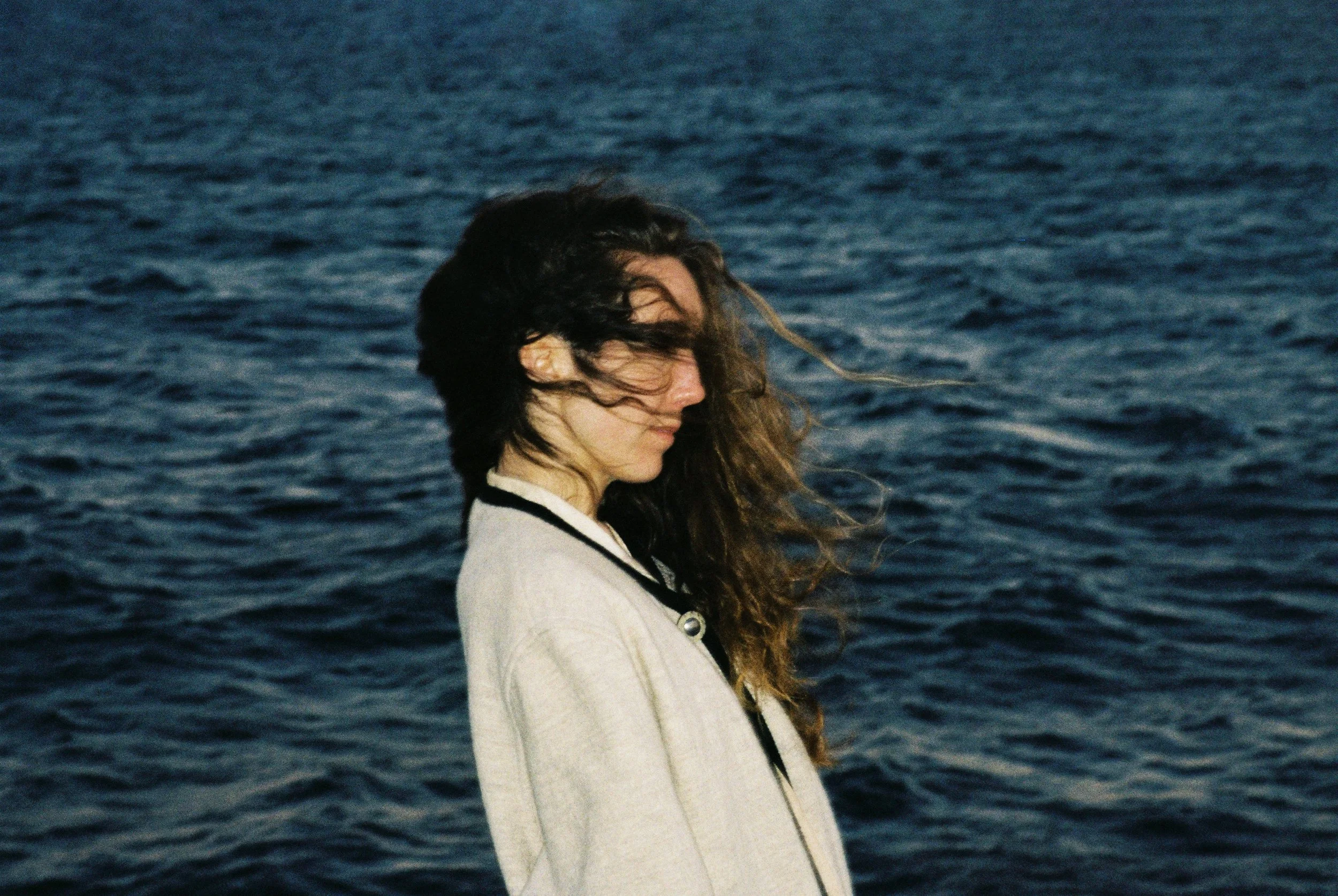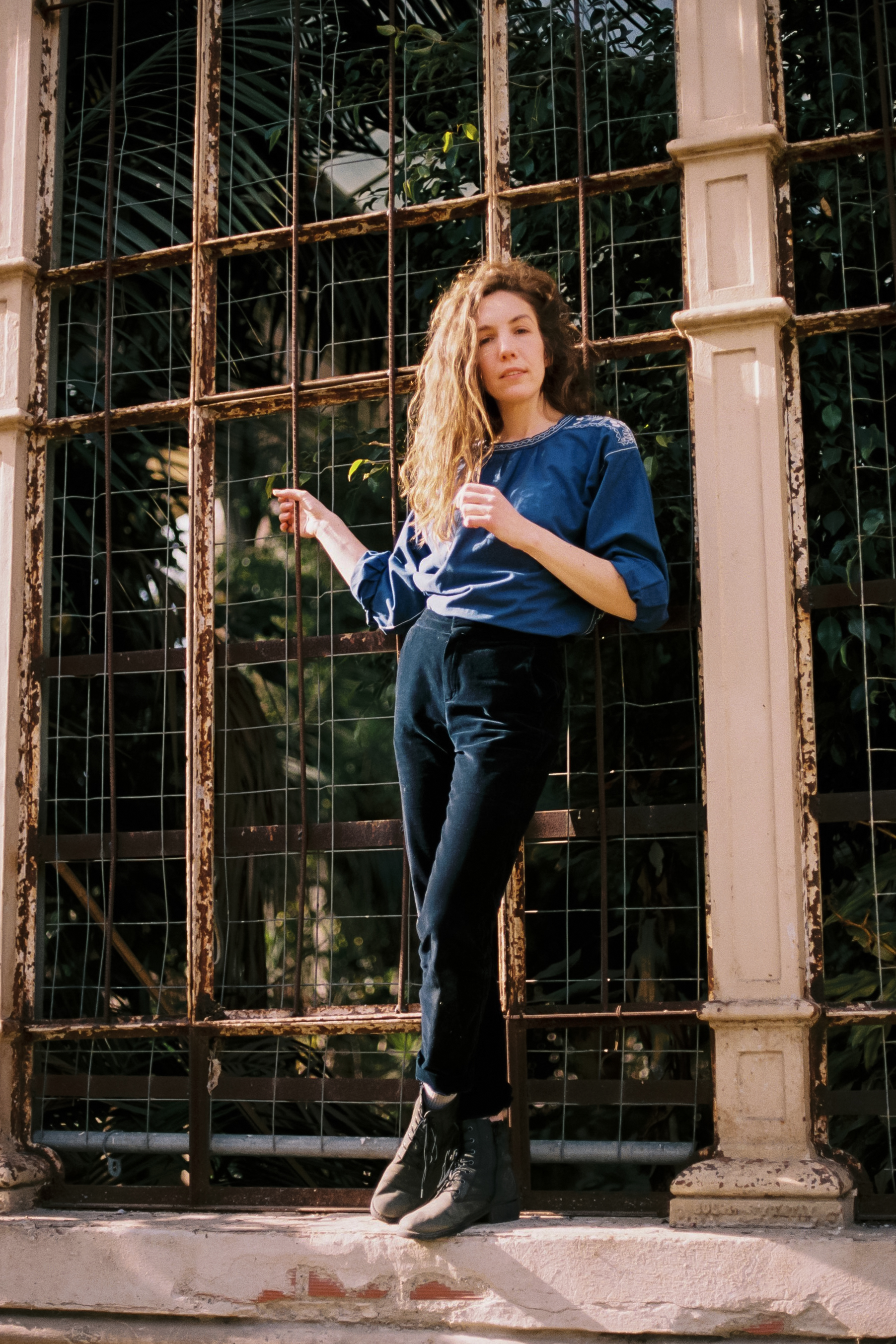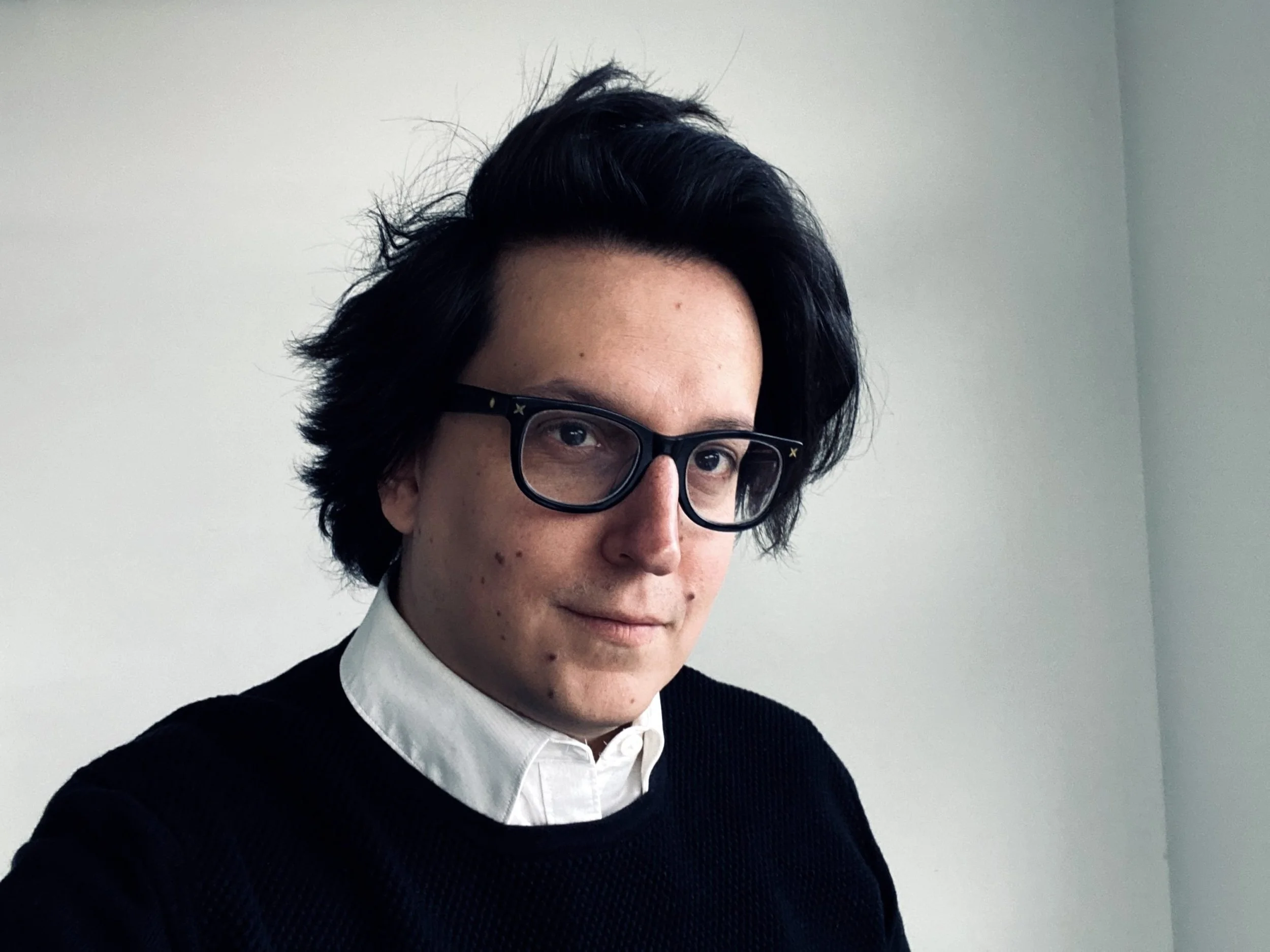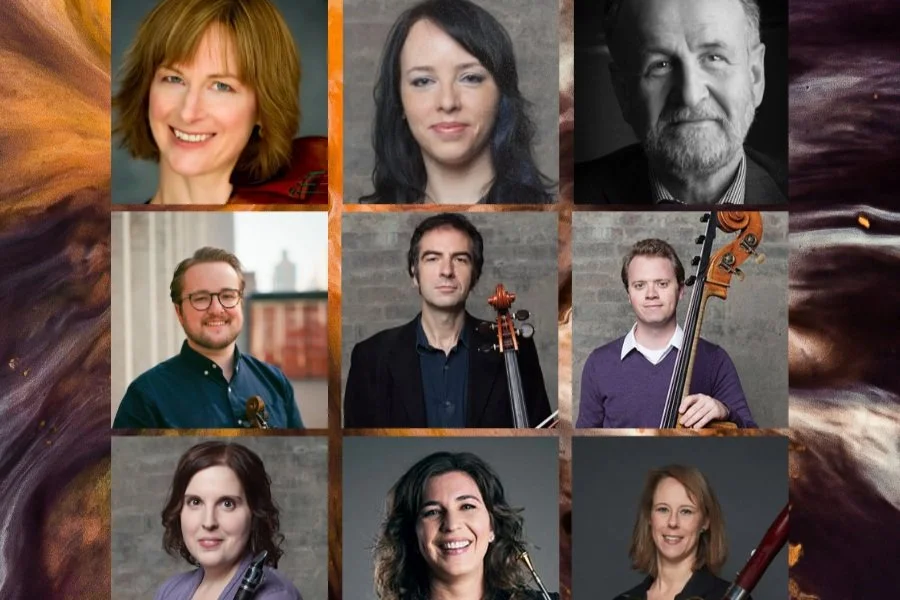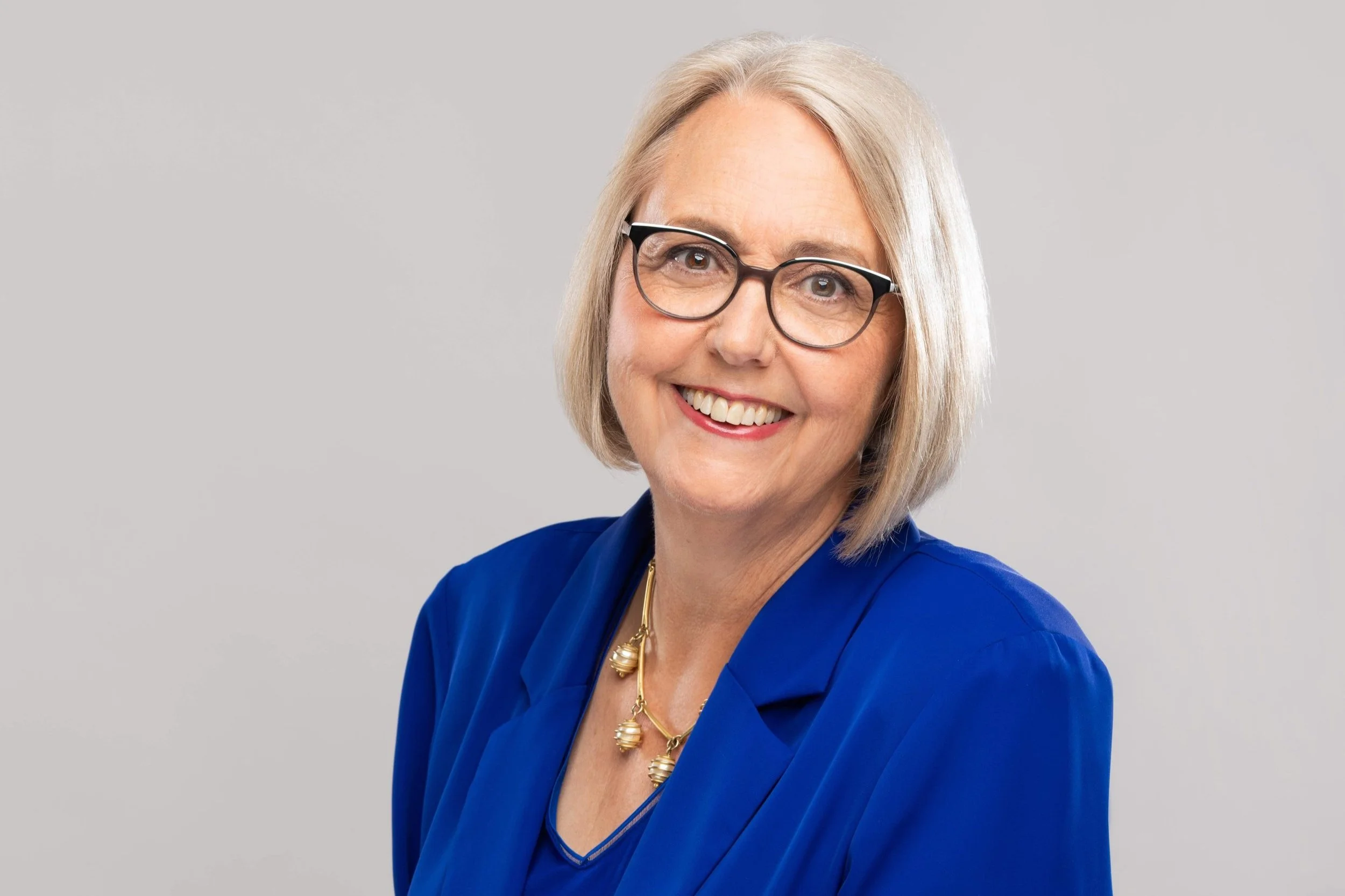Rising Irish alt-folk star Anna Mieke weaves hypnotic strands of images into her songs
The singer-songwriter’s latest album has won her some high-profile accolades
Hailing from County Wicklow, singer-songwriter Anna Mieke plays a storied 1936 Epiphone six-string. Photo by Celina Martins
Anna Mieke performs at the Cobalt at 7:30 pm on February 17
IN THE VERY FIRST line of the opening track on her latest album, Theatre, Anna Mieke seems to be announcing that anyone looking for a clearly delineated narrative will be out of luck.
“Vague memories, in the streets of Lausanne,” she sings over the delicately circling guitar figure that kicks off “Twin”. Later, in the second verse, the lyrics tell of “Fever dreaming in an empty pool high walled and blue”—an image that comes sandwiched between choruses in which Mieke observes that “Sometimes things are better left unsaid instead.”
What are they all about, these vague memories and fever dreams, and what of the “plastic flowers cast across the tarmac”, or the “dogs in the ditches full eyes from the fumes”? It’s a hypnotic stream of images, made even more so by the track’s unhurried pace and the singer’s gentle, almost spoken, delivery.
Reached via a WhatsApp call in Niagara Falls, Ontario, where she has stopped for lunch at a Pita Pit with her touring bandmates—percussionist Matthew Jacobson and multi-instrumentalist Ryan Hargadon—Mieke tells Stir that, although her lyrics have meaning to her, she doesn’t write them with the intention of conveying any particular story to the listener.
“I don’t feel my songs are necessarily about anything,” says the Irish performer (whose full name, incidentally, is Anna-Mieke Bishop). “You know, if someone’s like, ‘What’s your song about?’, I just say it’s a collection of images from maybe this particular time, but also this time, all mashed together. And then there’s also made-up stuff. So I might be able to describe the overall feeling of the song, but I can’t ever say that it’s about something.”
Mieke, who hails from County Wicklow, further elaborates that her songwriting process occasionally involves intentionally excising lines that she feels might prove too expository.
Photo by Lluis Tudela
“I do feel sometimes putting too much detail or exactness in the lyrics can actually get in the way of the melody,” she explains. “And sometimes the melody and the rhythm is…I don’t want to say more important, but I feel something more from it sometimes than the words.”
Fair enough; Theatre is, in fact, as sonically enchanting as it is lyrically confounding. While any of the album’s tracks would fit neatly on a playlist that also includes other left-field alt-folkies (think Agnes Obel or This Is the Kit), Mieke is that rarest of things in this day and age: an artist who doesn’t really sound like anyone else. This is borne out in everything from her idiosyncratic vocal phrasing to the unexpected flourishes that enliven her arrangements—witness the fairy-tale harp arpeggios of “Mannequin” or the way the almost eight-minute “Coralline” drops to a hush halfway through before building back up into a shimmering postrock-esque crescendo.
Little wonder that music critics tend to reach for the same terms when writing about Theatre , with The Guardian calling the record “dreamlike” and Sputnik Music describing it as “a beautiful noonday dream”. For its part, the Irish Times declared Mieke to be the Best Irish Solo Act of 2022.
Theatre is a mesmerizingly lush recording, enlivened by string arrangements and Hargadon’s contributions of tenor saxophone, synthesizers, clarinet, and piano. Mieke, however, opted to limit herself to vocals, guitar, and organ. This smaller palette is in marked contrast to her 2019 debut LP, Idle Mind, on which her arsenal also included bouzouki, piano, cello, and hammered dulcimer.
Mieke explains that this is a result of a combination of factors, the first being her growing passion for the guitar and the second being her determination to do fewer things—and do them better.
“What I mean to say is that I felt a bit scattered in my abilities before, and diluted,” she says. “I think I find it a lot more rewarding to focus on a smaller number of things. I’ve been focusing on my skills on guitar, and that feels really good. I feel like if I was trying to be able to play a lot of different things—and the songwriting on top of that—I would be spreading myself too thin.”
It doesn’t hurt that she has fallen in love with one particular six-string, a 1936 Epiphone that her partner bought at Some Neck Guitars, a vintage-instrument shop in Dublin. Because he rarely plays it, Mieke explains, it has essentially become hers by default. As it turns out, the guitar has an interesting provenance that includes at least one other personal connection for Mieke.
“The person who owned it before is a really brilliant jazz guitarist,” she says. “He got it from his dad, so I already know three people who had it before for a number of years, and then they moved on and passed it on to someone else. So it’s actually kind of nice. And I actually went to school with that guy and he saw it in a photo and recognized it, and he said, ‘Oh, no way, you got that guitar.’”
With any luck, Mieke will be playing the storied Epiphone when she takes the stage at the recently revived Cobalt on February 17. Whatever guitar she brings out, she will almost certainly use it to perform “Twin”, which is a song about a romantic relationship finally coming apart at the seams during a drunken lost weekend on the shores of Lake Geneva.
Or maybe it isn’t about that at all. Don’t ask the woman who wrote it.
“It doesn’t really matter what I think about the song,” Mieke says. “Whoever’s listening to it, if they want to put a meaning on it, great, because it’s their song, in a way, to do that to. It’s their experience of listening to the song, and whatever meaning they want to put on it, that’s the meaning of it, for them.
“It’s not my place to say, ‘This is what you need to feel about this song; this is what you need to think it’s about,’” she insists. “It’s not my experience, when someone else is listening to it.”



